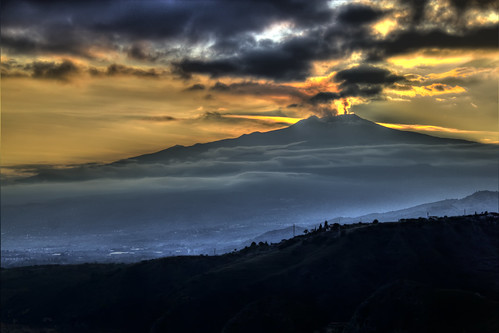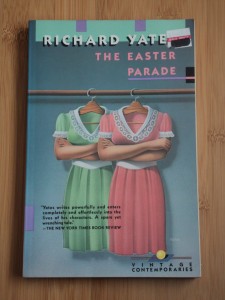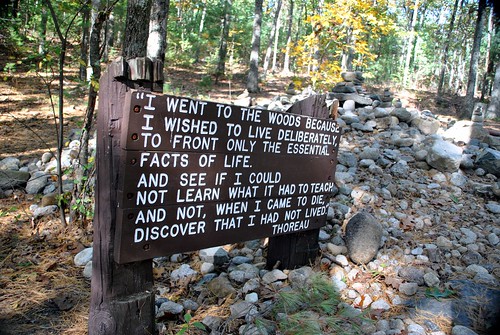The first half of the 20th century is littered with so many classic works of fiction that one would need two lifetimes to both read and re-read all the major works of those first five decades, let alone explore the minor and underappreciated novels of the period.
All of the novels in my list were published after the Second World War; it is not a list of unknown or unread books, but of books that haven’t received either the critical praise and/or the lasting readership they deserve.
1. The Leopard, Giuseppe Di Lampedusa (1958)

 photo credit: tobyct
photo credit: tobyct
Arguably the greatest Italian novel of the post-war period and the only book Di Lampedusa ever wrote. The novel ushers readers into the richly detailed world of a decadent aristocratic family in steep decline in 1860s Sicily. It’s an absolute travesty that more people don’t know this novel. Critic Rachel Donadio writes “it reads more like the last 19th-century novel, a perfect evocation of a lost world.”
2. The Sheltering Sky, Paul Bowles (1949)
Bowles was one of the lesser-known Beat writers, partly because he was an expatriate who lived in Tangier, Morocco his entire adult life, but mostly because he was a classical composer by training, as well as an iconoclast by nature. The Sheltering Sky is the one of the most horrifying accounts of American innocence abroad. The book follows the North African travels of three Americans—a husband and wife and their male friend—as they move past the comfortable margins of their experiences. Like The Leopard this is also a perfect book: not a word or sentence is out of place.
3. Vanity of Duluoz, Jack Kerouac (1968)
I’ll admit this book is a bit of a wildcard, but it is a charming little novel by a writer whose career was uneven at best. This straight forward, semi-autobiographical telling of his youth in small-town Massachusetts, football at Columbia University and his service in the Merchant Marines is told with a joyful nostalgia for a lost 1930s and ‘40s America. The book confirms that Kerouac, far from being the bohemian of lore, always considered himself a French-Catholic boy from a Massachusetts mill town.
4. Time’s Arrow, Martin Amis (1991)
The novel works on a conceit: the narrator is a Nazi doctor and we follow his life in reverse chronological order, beginning with his death and ending with birth (think the recent movie The Curious Case of Benjamin Button). Amis so artfully portrays this alternative universe that you’ll find yourself marveling that cars in your city drive forward, instead of bombing along in reverse, and food goes in your mouth instead of quickly leaving it.
5. The Easter Parade, Richard Yates (1976)

Until the recent film version of Richard Yates’ masterpiece Revolutionary Road came out, Yates was the most underappreciated great writer in American letters, dying in complete obscurity in 1992. Now that Revolutionary Road had gotten its fair due, it may unfairly over-shadow The Easter Parade, Yates’ sad, masterful tale of two sisters—the Grimes sisters—as they live out their lives under the canopy of life’s disappointments.
Honorable Mention: A Far Cry From Kensington, Muriel Spark (1988)
The narrative voice in this novel is intoxicating. Sparks is such a talented writer that it is a crime her name doesn’t come up in more “great writer” discussions. This novel, written toward the end of Spark’s stellar career, chronicles the rooming house existence of war widow and editor Mrs. Hawkins in 1950s London.



